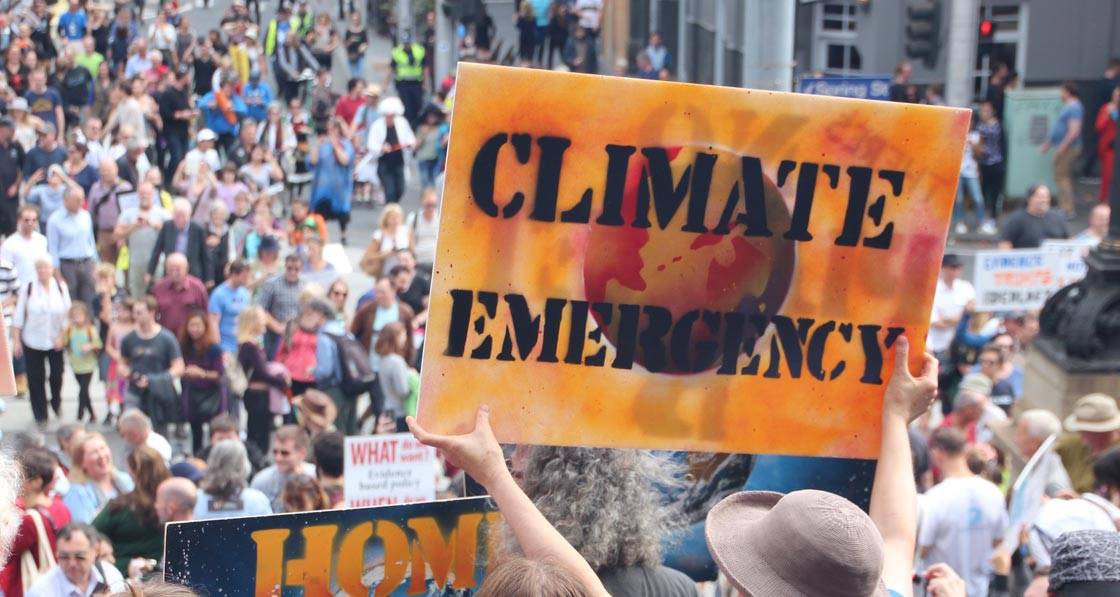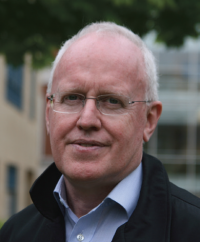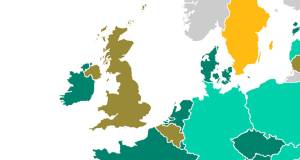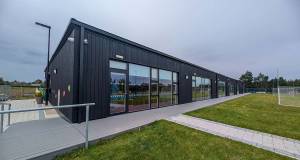
- Blogs
- Posted
Culture shock & knowledge transfer
What are the consequences for the built environment, and the climate, of the lack of communication between research and industry, asks Dr Peter Rickaby – and what can be done about it?
This article was originally published in issue 33 of Passive House Plus magazine. Want immediate access to all back issues and exclusive extra content? Click here to subscribe for as little as €10, or click here to receive the next issue free of charge
During the 1980s I was a university researcher, overlapping with thirty-five years as an energy and sustainability consultant. Last year I returned to academia to help run a university-based technical centre, and the transition has been a culture shock. I am impressed by my academic colleagues’ knowledge of energy and buildings, but astonished that little of it reached me in my consultancy.
I observe that for many academics the goal is to discover and publish new knowledge (in competition with each other) rather than to make a difference in the world outside.
Much of that knowledge is published in conference proceedings and academic journals, but those are not the places that building professionals usually look for information. Equally, many technical issues that professionals would like to address are not on the academic agenda. The worlds of research and practice seem to exist in parallel and acknowledge each other, but not to communicate effectively.
In the academic world, research is driven by the quest for knowledge, which must be evidence-based; in practice, knowledge is often based on experience and driven by a need to solve a problem in a timely and profitable manner. Faced with the climate emergency, we urgently need to bring these two types of knowledge together to make a real difference — but making the connection can be challenging.
Many attempts have been made to bridge the gap. In the 1990s, the government funded Building Research Energy Conservation Support Unit (BRECSU) based at BRE established the housing energy efficiency best practice programme with a brief to research best practice and communicate it to industry. The research was rigorous (at least initially) and the output was dozens of good practice guides and case studies, promoted by thousands of seminars, workshops and short courses, across the UK. At UCL, the Energy Design Advice Scheme (EDAS) sought to advise professionals about the technicalities of designing energy efficient buildings.
Similarly, Dr Wolfgang Feist established the Passive House Institute (PHI) to bring more technical rigour to the design of energy efficient buildings, through the passive house standard. The Centre for Alternative Technology (CAT) in Wales has for many years offered UK and Irish building professionals masters’ degrees in energy-related subjects. A few years ago, the Institute for Sustainability (IfS) and the Centre of Refurbishment Excellence (CoRE), although both short-lived, collated knowledge and expertise in building retrofit, and disseminated it via guidance and training respectively.
Most recently, at UCL, Neil May challenged his academic colleagues to make their work more useful, and simultaneously encouraged building professionals to take more note of formal, evidence-based knowledge – an exhortation that led to the establishment of the independent Sustainable Traditional Buildings Alliance (STBA) and of the UK Centre for Moisture in Buildings (UKCMB).
The value of bodies like BRECSU, EDAS, PHI, CAT, IfS, CoRE, STBA and UKCMB (and other examples) is that their role is to promote communication between the research world and industry. They are engagement and impact mechanisms. Universities have long been encouraged by governments to engage with industry.
Most universities have a department, centre or institute for this, but instead of pursuing engagement and impact through communication there is perhaps too much emphasis on patenting and commercialising academic innovations, on incubating ‘spin off’ companies and on seeking industrial sponsorship.
Faced with the climate emergency, we urgently need to bring academic research and industry knowledge together.
These may be legitimate activities, but the purpose of engagement is to make an impact, not to make money. In the UK, perhaps the most successful mechanism for this is the Knowledge Transfer Partnership (KTP), in which researchers are placed in and part-funded by industry. My consultancy company had a KTP; the researcher spent three years with us, helped us to think beyond our usual practice, improved our methodology for dealing with a practical problem and completed his doctorate. He then worked for us for two years before developing a successful international career in commercial knowledge transfer.
All buildings-related university departments should be encouraged to develop KTPs for engagement and impact, and all professional consultancies, product suppliers and construction companies should be encouraged to consider KTPs as a way of bringing new knowledge into their businesses. Perhaps, if we can do that, moving between the two worlds will not be so much of a culture shock.
Finally, I have discovered a small and informal but inspiring organisation that seeks to bring together the knowledge, skills and commitment of individual academics, professionals and others from many backgrounds. It is the MaD (Make a Difference) network recently established in London and now spreading to other parts of the UK and Ireland – check it out at www.madnetwork.net.




